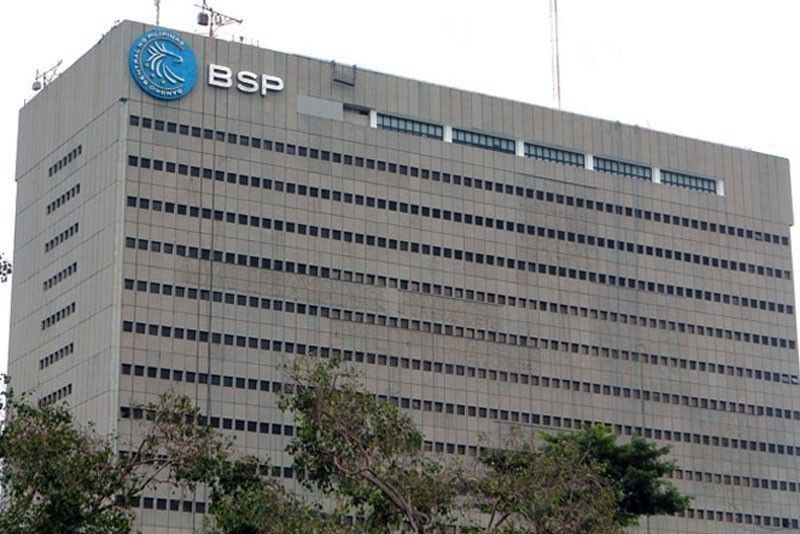BSP keeps interest rates steady

MANILA, Philippines — The Bangko Sentral ng Pilipinas (BSP) kept its key interest rates unchanged yesterday, as expected, saying the current monetary policy settings remain appropriate for the time being.
In a virtual press briefing, BSP Governor Benjamin Diokno said the Monetary Board decided to maintain the overnight reverse repurchase rate at an all-time low of 2.25 percent, while the overnight deposit and lending rates were likewise kept unchanged at 1.75 percent and 2.75 percent, respectively.
“A prudent pause will enable the cumulative 175-basis point reduction in the policy rate as well as other monetary and regulatory relief measures by the BSP to fully work their way through the economy, even as the national government continues to implement interventions to bolster economic activity and protect human lives and livelihoods,” Diokno said.
Economists were expecting the BSP to keep interest rates unchanged to assess the impact of previous monetary actions including the surprise 50-basis point cut on June 25.
In all, the central bank has slashed interest rates by a total of 175 basis points to address the economic fallout from the COVID-19 pandemic.
The BSP is one of the most aggressive central banks in the world in terms of easing interest rates, making a 25-basis point reduction on Feb. 6 as well as three deeper 50-basis point cuts on March 19, April 16 and June 25 to cushion the economy from the impact of the raging pandemic.
It also lowered the reserve requirement ratio for big banks by 200 basis points in March as well as for mid-sized and small banks by 100 basis points in July, releasing P210 billion in additional liquidity.
A lower borrowing cost may spur economic activity as companies are encouraged to borrow more to fund expansion and individuals to finance consumption. However, credit growth has slumped for three straight months to June.
Diokno said the Monetary Board noted a sharp contraction in domestic output in the first half, reflecting the impact of mobility restrictions to slow the spread of the virus.
He said the Monetary Board also noted the outlook for global economic growth remained subdued and uncertain amid the resurgence of COVID-19 cases in many parts of the world.
The BSP chief said the latest baseline inflation forecasts have risen slightly due to the higher-than-expected inflation in July and recent increases in global crude oil prices, but the figures are expected to remain firmly within the central bank’s two to four percent target range.
“The balance of risks to the inflation outlook also leans toward the downside from 2020 until 2022 owing largely to potential disruptions to domestic and global economic activity amid the ongoing pandemic,” Diokno said.
Meanwhile, the BSP can be expected to cut rates in the coming months as economic recovery is expected to drag, said London-based think tank Capital Economics.
The firm said yesterday’s decision to hold key rates steady suggests that the central bank is not finished cutting yet.
“The case for more easing is clear. The economy contracted by 16.5 percent year-on-year in the second quarter and the recovery looks set to be slow and fitful,” it said.
“Soaring new infections of the coronavirus and the re-imposition of restrictions to leisure and commerce in Metro Manila and some outlying provinces may even have put the recovery into reverse. While these restrictions started to be lifted once again yesterday, fear of catching the virus means consumer behaviour is unlikely to return to normal quickly.”
Inflation is also not a barrier to further easing, Capital Economics said.
While the headline rate has risen in recent months to 2.7 percent year-on-year in July, it is still below the mid-point of the BSP’s two to four percent target range. – Czeriza Valencia
- Latest
- Trending






























